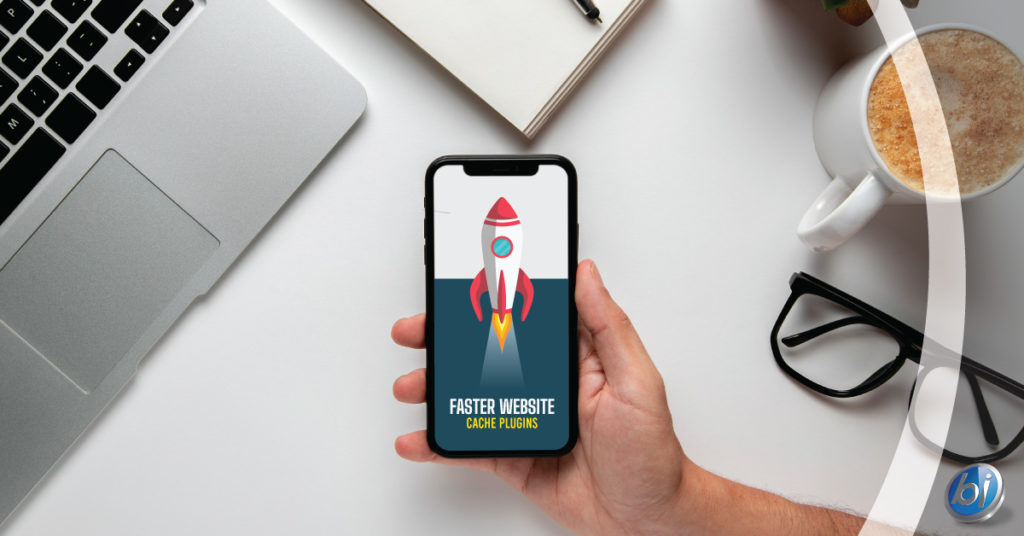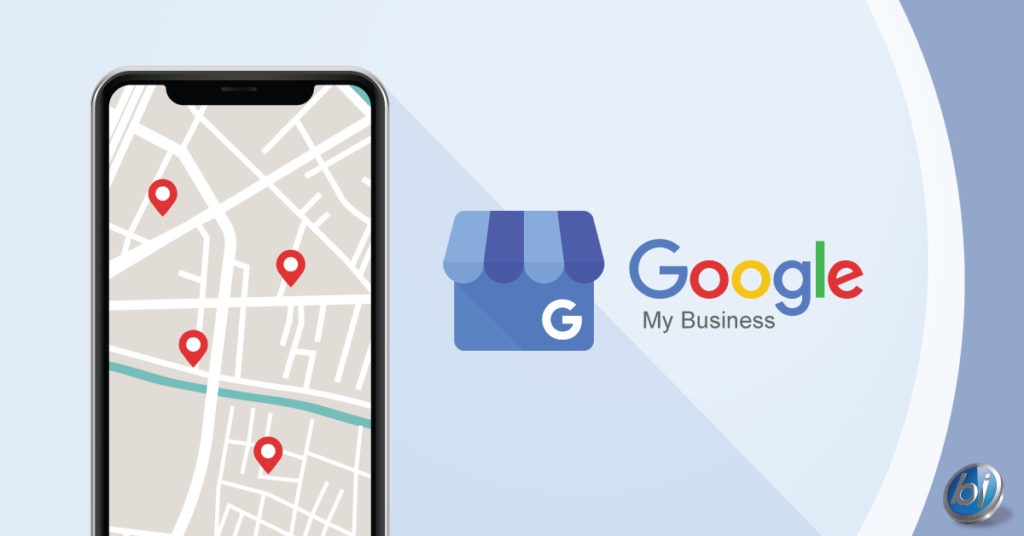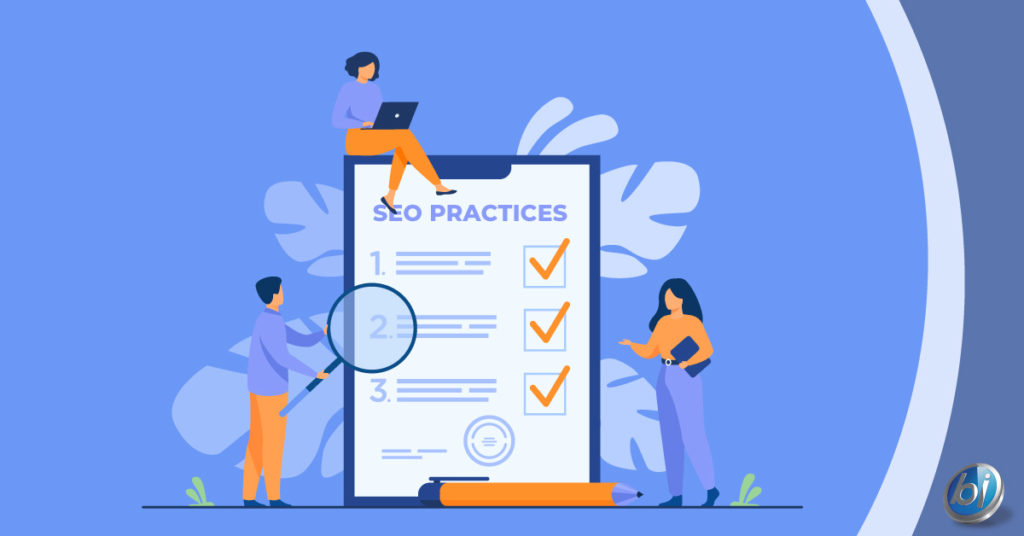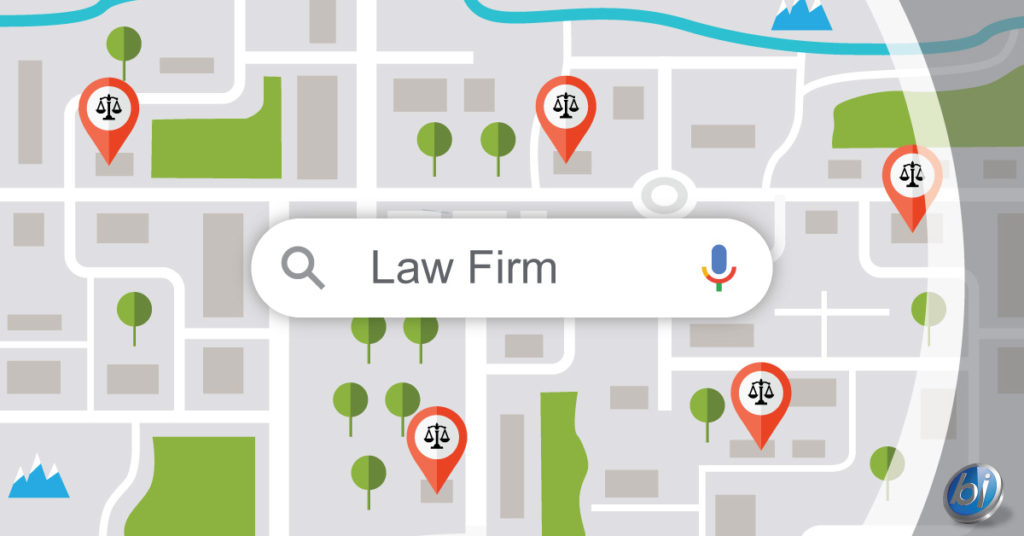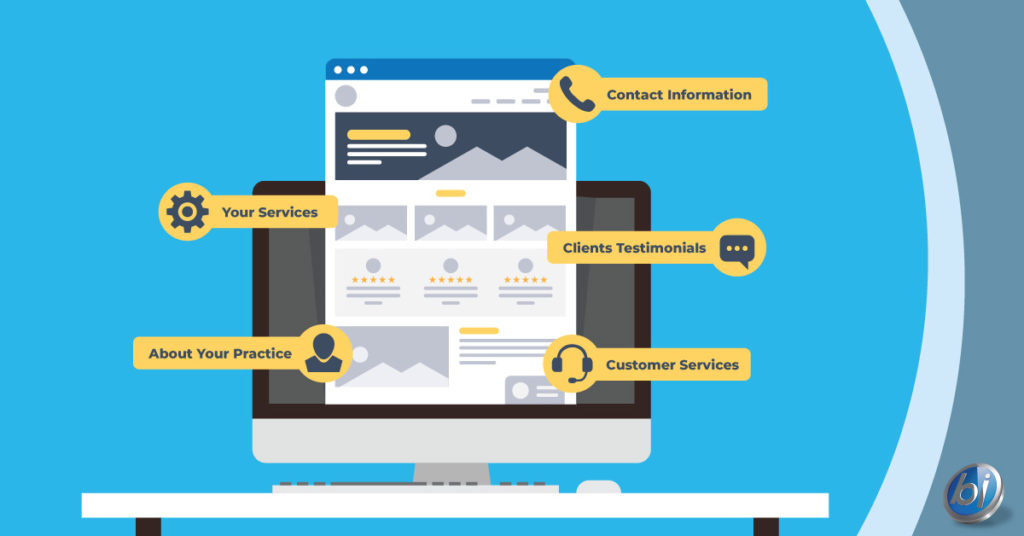Send Us a Message
Nowadays, people go on the Internet to find a lawyer that’s right for them, even if they get a referral from the people they know. According to Trust Pilot, 9 out of 10 consumers worldwide make the effort to read reviews before buying products. This means that consumers nowadays base their purchasing decisions on online reviews from past customers. Of course, with technology continuously evolving, consumers have become smarter when it comes to choosing the right service or product for them. You must have authentic reviews from real customers who talk about their experience with your business as 62%
What Is an AI Chatbot? These are programs that simulate human-like conversations with users who visit your website. They have become increasingly popular over the years, making business processes, such as customer service, sales, and human resources, more efficient. They are programmed to operate on their own using a process called Natural Language Processing (NLP) along with artificial intelligence, as well as the annotation of human data. What’s cool about this is that AI chatbots become smarter over time. They are often described as one of the most innovative and promising technologies that interact with humans. AI-powered chatbots can
Website speed is crucial nowadays as it is part of the user experience. If it takes a while for your website to load, you can expect an increased bounce rate, which could affect your visibility on search engines. There are many ways you can improve your website speed. This includes: When you choose a web host, it has to… Your website’s size will affect its loading speed. Therefore, you should make sure that you have suitable hosting and proper optimization, so you can get the size down to as low as possible without affecting the quality or user experience.
The Driving Force of Awareness and Revenue: Content Marketing Almost 40% of marketers say that content marketing is important in their overall marketing strategy. According to the Content Marketing Institute, the top goal of companies for their content marketing effort is to boost brand awareness. This is in contrast to the more business-oriented outcomes, such as lead and revenue generation. Even before the dawn of the Internet, content marketing has been a way for companies to get the attention of their target market. Before, they would have advertisements on newspapers, television, radio, and billboards. If they wanted a more
When it comes to finding local businesses, people turn to Google to find specific businesses within their area that meet their needs. Normally, people would type in “near me” on their search query, but nowadays, that’s no longer the case. When you simply type in the keyword for that you’re looking for, (for example: bankruptcy lawyer), Google will then give the list of different bankruptcy lawyers within your area. This is what local marketers today call “Local Pack.” What You Should Know About Google My Business and the Local Pack The Local Pack is a Search Engine Results Page
Online reviews are now transforming the way consumers decide what services or products they want to patronize. They turn to TripAdvisor to know other people’s experiences on hotels and sites, Yelp for restaurants and even go through the review section of Amazon to know if the product is worth buying or not. Sometimes, they even turn to Facebook reviews or Google My Business’s review section. The way people perceive your business in the review section will make or break your success. That’s why if you’re starting out or if you’ve just started on digital marketing, you need to come
Reviews are now the online equivalent of word of mouth. Hence, more and more consumers are now relying on reviews to make their purchasing decision. According to a study conducted by Trustpilot, 92% of consumers read online reviews before purchasing online. That’s why they say that if you want your business to stand out on search engines, you need to be more consistent about getting your reviews. That’s why other than creating a personalized and functional website, as well as a strong social media presence, you also need to make an impact on your consumer that they have something
The sad truth about SEO marketing is that if you’re not part of the first few companies on Google’s results page, then you won’t get the amount of traffic you want to achieve. According to HubSpot, 75% of users never scroll past the first page of search results. That’s why now more than ever, you must create engaging and educational content that your target audience loves and can share with their peers. Google continuously develops its algorithms to fit the behavior of its users, ensuring they get the information they are looking for as soon as they click the
Can’t find your website on search engines? Perhaps you have not implemented the right SEO practices to make it visible in your certain niche or area. Good content and SEO go hand-in-hand in increasing your online visibility. That’s why other than researching the content you’re publishing on your website, you need to know more about the SEO practices that will help you get more people to find your webpage and click on it for the information. So What Is SEO? Search Engine Optimization, or SEO, pertains to the practice of increasing your website traffic through non-paid or organic search
Have you thought about what you’re planning to put on your law firm’s website? Don’t have the faintest idea as to what should be included? Perhaps this will help you. Often, you may be overwhelmed by the task of providing the necessary information on your website. However, what does your target audience expect from you when they search for a law firm on Google and come across your website? You don’t need to put all the nitty-gritty details about your practice. But at the same time, you still need to inform them about what you do. What you need



